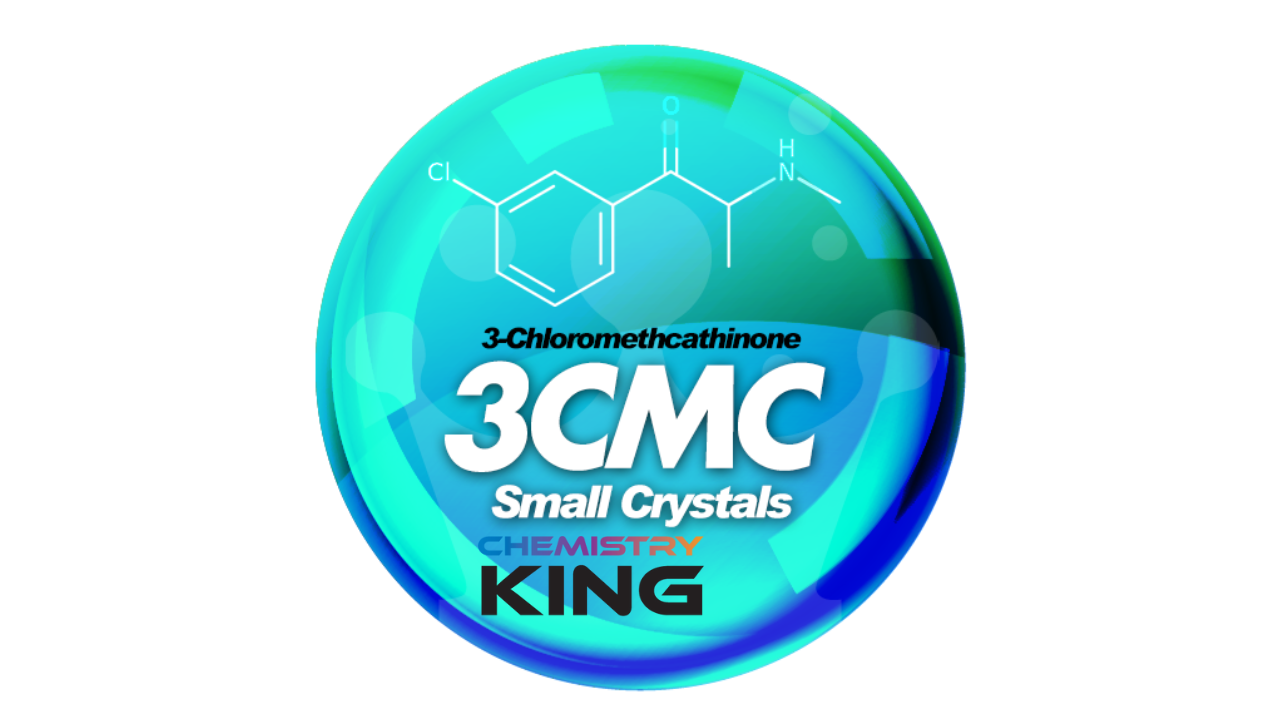Exploring 3CMC Experiences: A Deep Dive into Research and User Insights
Research chemicals have garnered significant attention in scientific communities due to their potential applications and effects. Among these, 3-Chloromethcathinone (3CMC) stands out as a subject of keen interest. Known for its structural similarity to other synthetic cathinones, 3CMC is used primarily in research settings to explore its psychopharmacological properties. In this article, we will delve deeply into 3CMC experiences, shedding light on its scientific background, potential effects, and insights from user reports.

Understanding 3CMC: A Chemical Overview
The primary focus of 3CMC research is to understand its pharmacodynamics and pharmacokinetics. Researchers are particularly interested in how 3CMC interacts with monoamine transporters in the brain, which include dopamine, serotonin, and norepinephrine transporters. These interactions are crucial in determining the compound’s stimulant and empathogenic effects.
Studies have shown that 3CMC acts as a reuptake inhibitor for these neurotransmitters, leading to increased levels of dopamine, serotonin, and norepinephrine in the synaptic cleft. This mechanism is similar to that of other stimulant drugs, which is why 3CMC is often compared to substances like methcathinone and methylone in research contexts.
Potential Effects and Safety Concerns
The effects of 3CMC, as reported in various studies and user experiences, range from enhanced mood and increased energy to heightened sociability and euphoria. These effects make it a compound of interest not only for understanding human neurochemistry but also for its potential therapeutic applications in treating disorders like depression and ADHD.
However, the safety profile of 3CMC remains a significant concern. As with many research chemicals, there is limited data on its long-term effects and potential for abuse. Acute adverse effects reported by users include increased heart rate, anxiety, insomnia, and, in some cases, paranoia. Researchers emphasize the need for controlled studies to establish safe dosage guidelines and identify any long-term health risks associated with 3CMC use.

We sell our products exclusively to customers aged 18 and over, strictly for research purposes only.

Insights from User Experiences
User experiences with 3CMC provide valuable anecdotal evidence that complements scientific research. Online forums and user reports describe a range of subjective effects, with many users noting its potent stimulant and empathogenic properties. Commonly reported positive effects include:
- Euphoria: A significant number of users report a sense of well-being and happiness, often accompanied by increased empathy and emotional openness.
- Increased Energy: Many users experience heightened physical and mental energy, making it easier to engage in social activities or focus on tasks.
- Enhanced Sociability: The empathogenic effects of 3CMC can lead to improved social interactions, with users feeling more connected and communicative.
Despite these positive reports, negative experiences are also documented, highlighting the importance of caution. Some users report experiencing negative effects such as anxiety, overstimulation, and difficulty sleeping. These adverse effects underscore the need for further research to understand the compound’s risk profile fully.

3CMC is a research chemical that offers intriguing possibilities for scientific exploration, particularly in understanding its stimulant and empathogenic effects. While user experiences provide a wealth of anecdotal data, they also highlight the necessity of caution and rigorous scientific study to determine the compound’s safety and efficacy.
For researchers and scientists, 3CMC represents a valuable tool in the quest to understand the complexities of human neurochemistry. As research continues, it is crucial to balance the potential benefits of 3CMC with a thorough understanding of its risks, ensuring that its use remains safe and scientifically grounded.
FAQ and How We Can Help
Frequently Asked Questions answered here; don’t hesitate to ask more!
Users commonly report effects such as euphoria, increased energy, and enhanced sociability. These effects are attributed to 3CMC’s action as a reuptake inhibitor for dopamine, serotonin, and norepinephrine.
Yes, some users have reported negative experiences such as anxiety, overstimulation, and difficulty sleeping. These adverse effects highlight the need for careful dosing and further research to understand the full risk profile of 3CMC.


